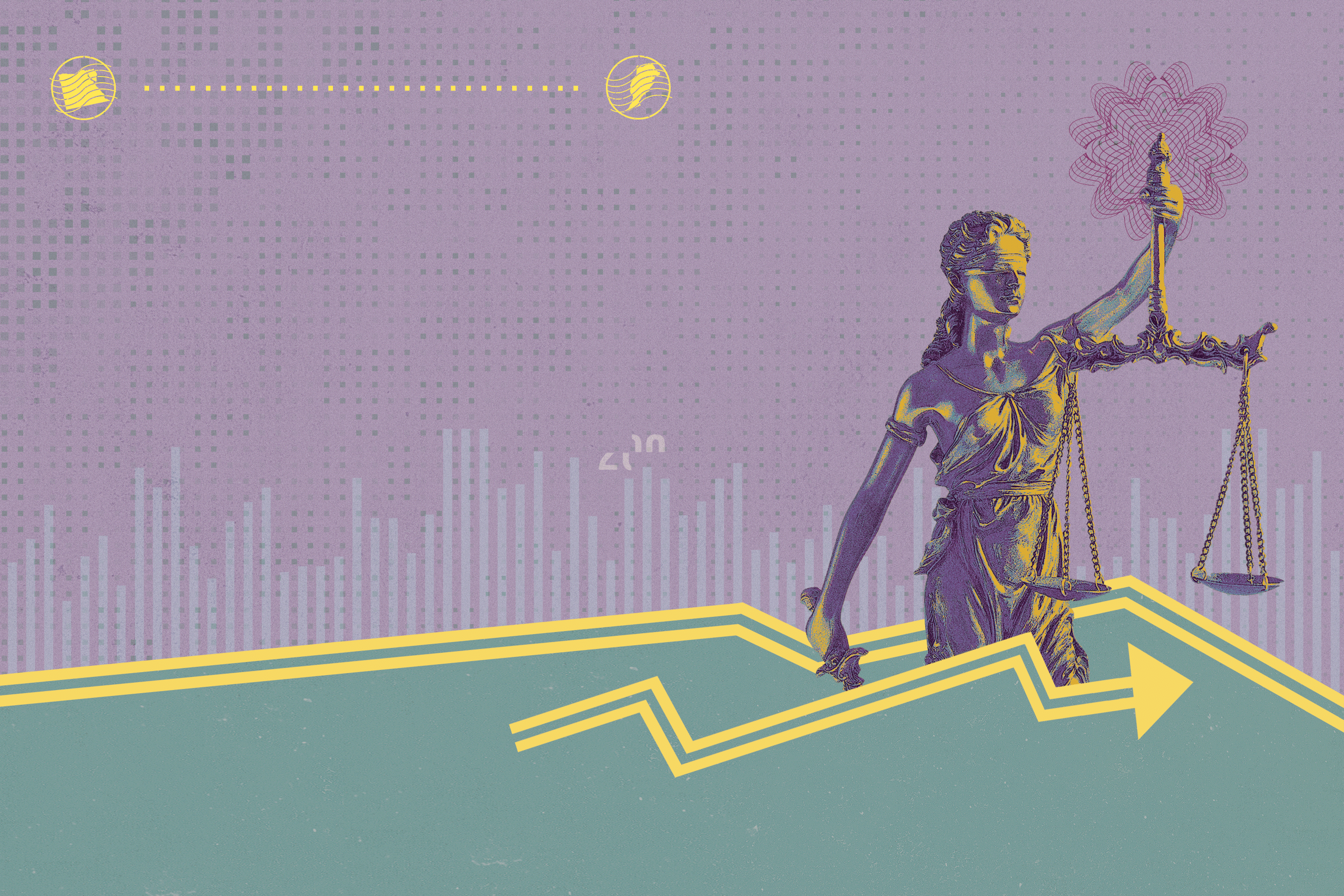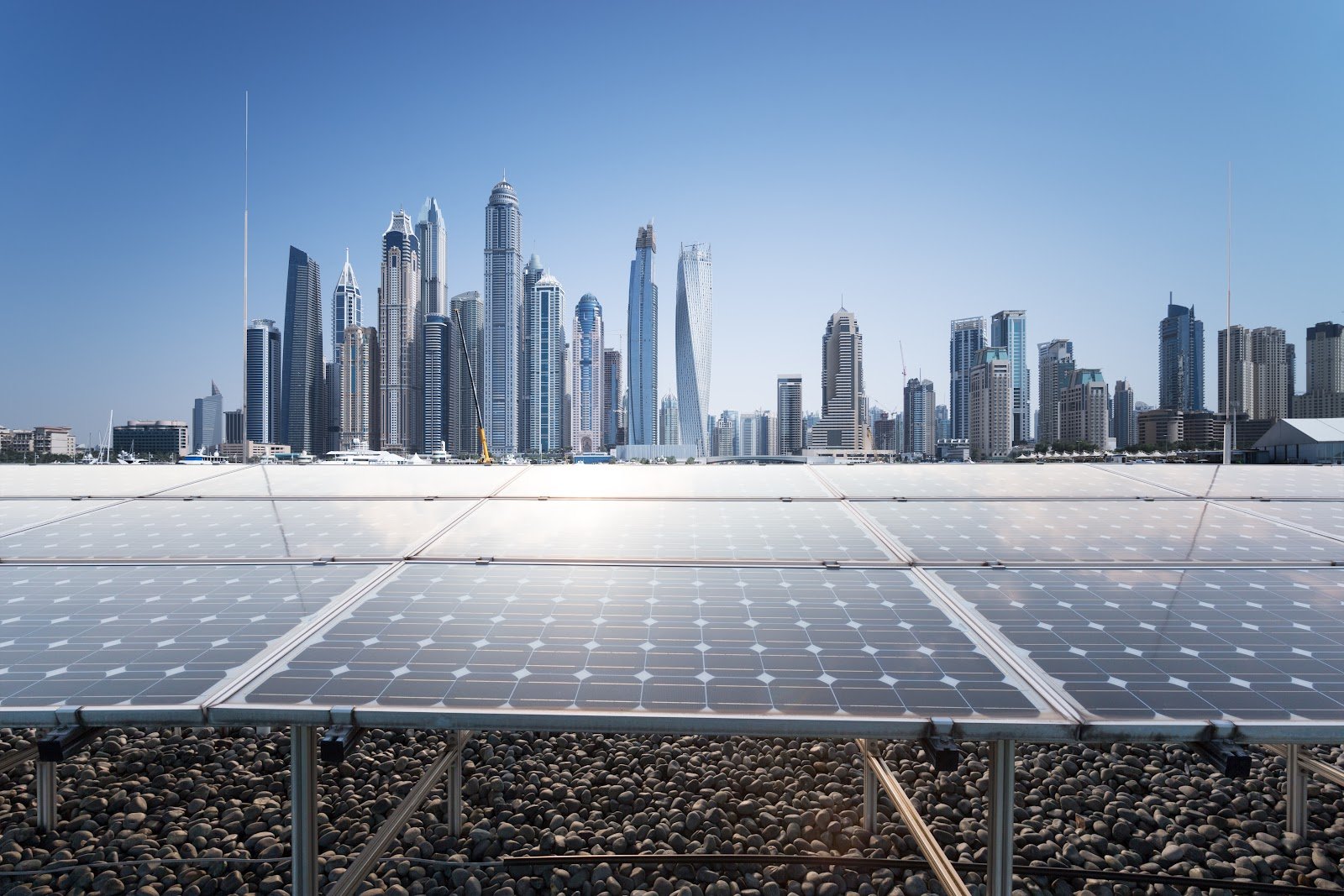A greener, more peaceful way of living is possible. But we’re not the only ones with roles to play in living sustainably. Corporations and often governments are benefiting from consumer culture. More than that, corporations are the ones who, more than anyone else, have created and contributed to the culture themselves. We challenge the practices and business models that drive this culture of consumption which is tearing down forests, polluting our water, warming the planet and putting our families’ health at risk. A better future is achievable. And while individual efforts are undoubtedly invaluable, it is through sustained pressure on corporations and key decision makers that our culture truly shifts to sustainable living.
-

Greenpeace warns in a report: European investments in energy and agriculture may worsen environmental and social harm in the Middle East and North Africa
European investments in energy and agriculture in the region may worsen environmental and social harm. Thus reveals a new report by Greenpeace MENA and the MENAFem Movement for Economic, Development, and Ecological Justice.
-

Greenpeace MENA’s 2024/2025 UAE Wellbeing Economy Award
Greenpeace MENA and Ajman University are excited to announce the call for submissions for the “Wellbeing Economy Award” — 2024/2025. This Award is launched in partnership with Greenpeace MENA, Ajman University and the UAE Universities Climate Network (UCN). We collectively invite researchers, academics, professionals, and young visionaries to contribute innovative, ongoing or published research papers…
-

Greenpeace MENA Award: Alternative Futures – UAE Project
Announcing the call for submissions for “the Alternative Futures – UAE” project. This visionary initiative invites researchers, academics, professionals, and young visionaries to contribute innovative already established research papers outlining alternative future scenarios addressing the challenges and opportunities in UAE’s sustainable development journey.
-

Chapter VI: Food sovereignty and environmental violations: The case of Egypt, Tunisia, and Morocco
Environmental damage, Liberal growth policies in the agricultural sector, exploitation of resources, destruction of the environment, heavy use of chemicals, soil exhaustion have destabilized food sovereignty, in addition to poor…
